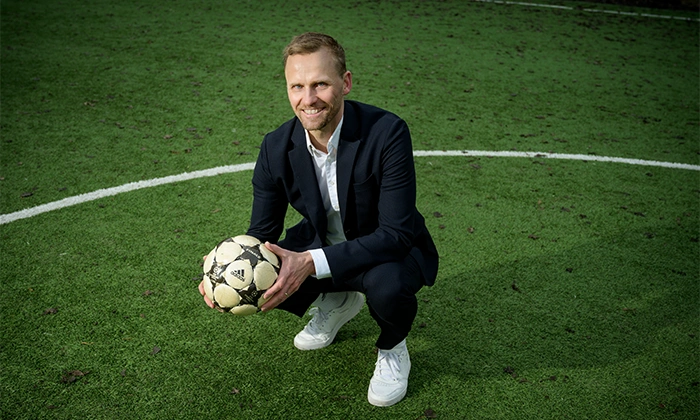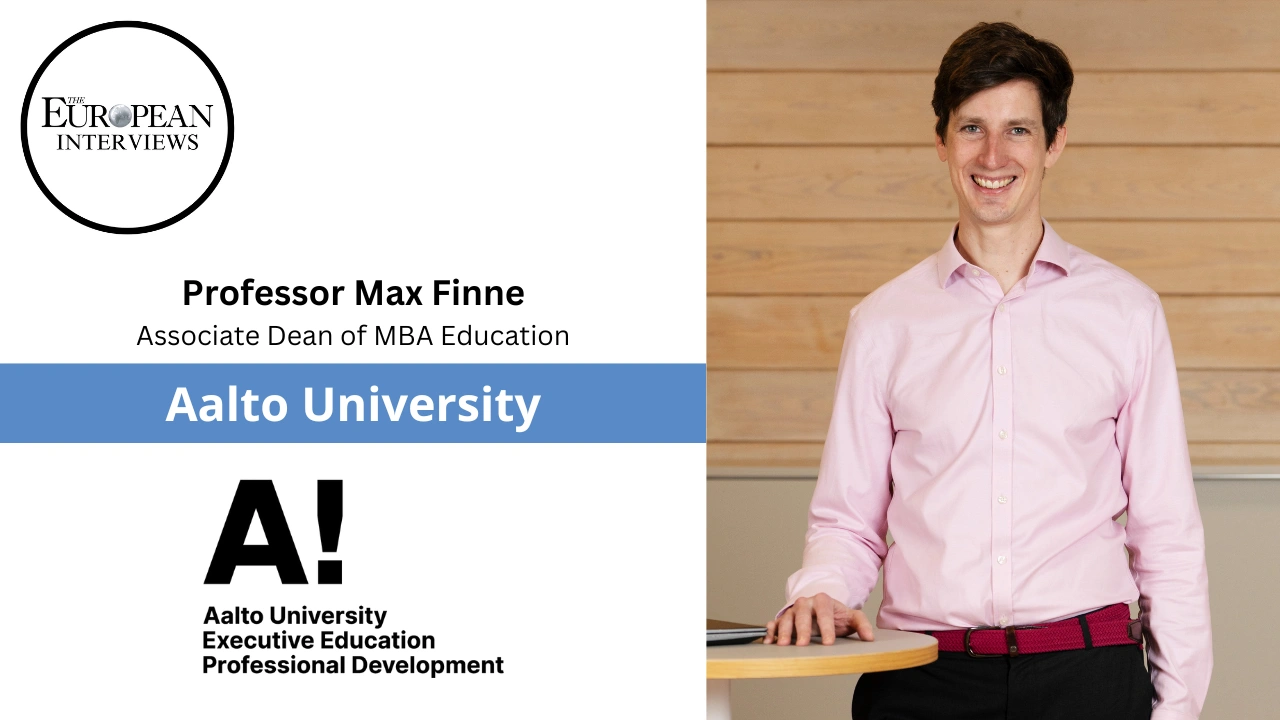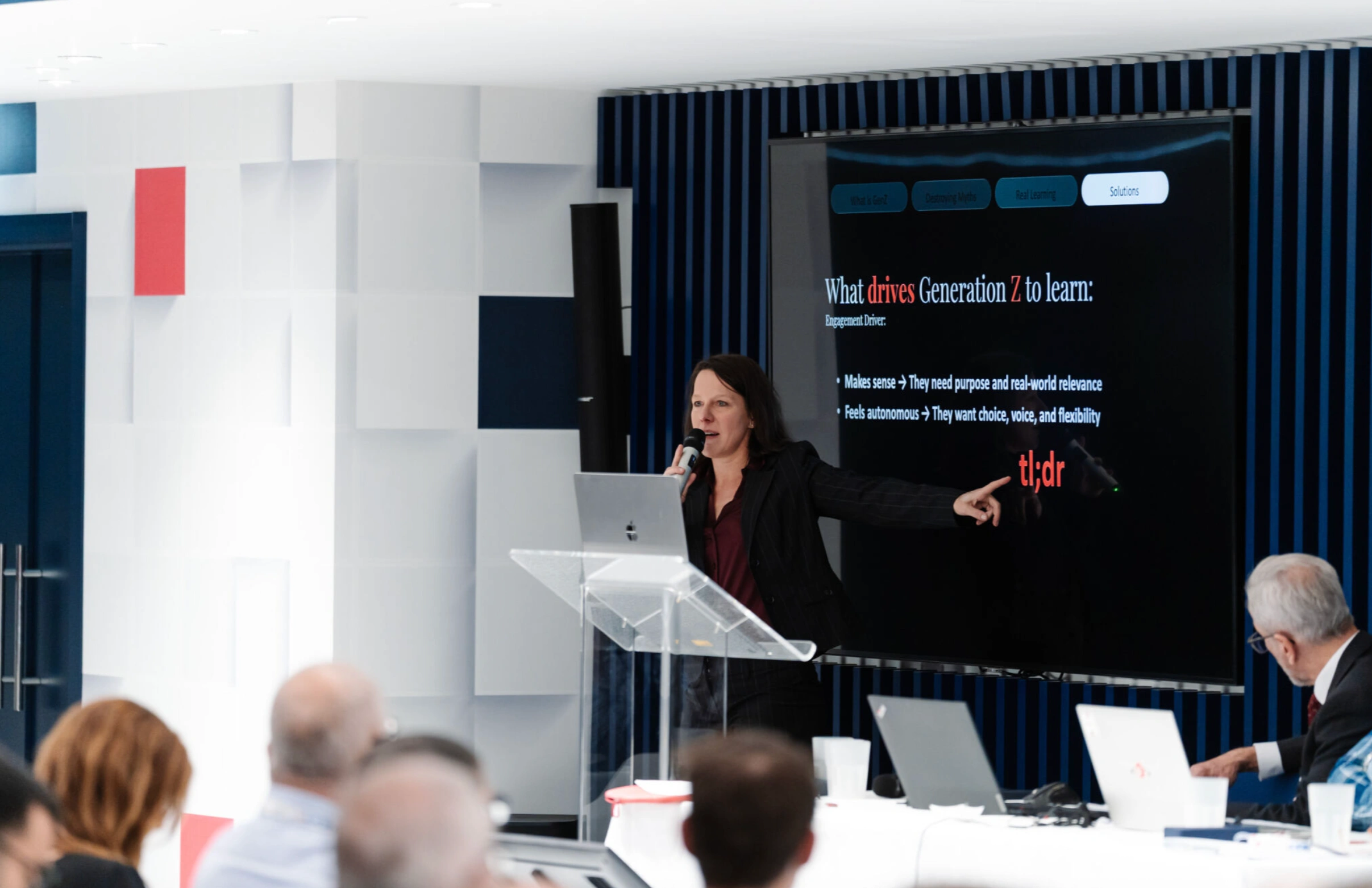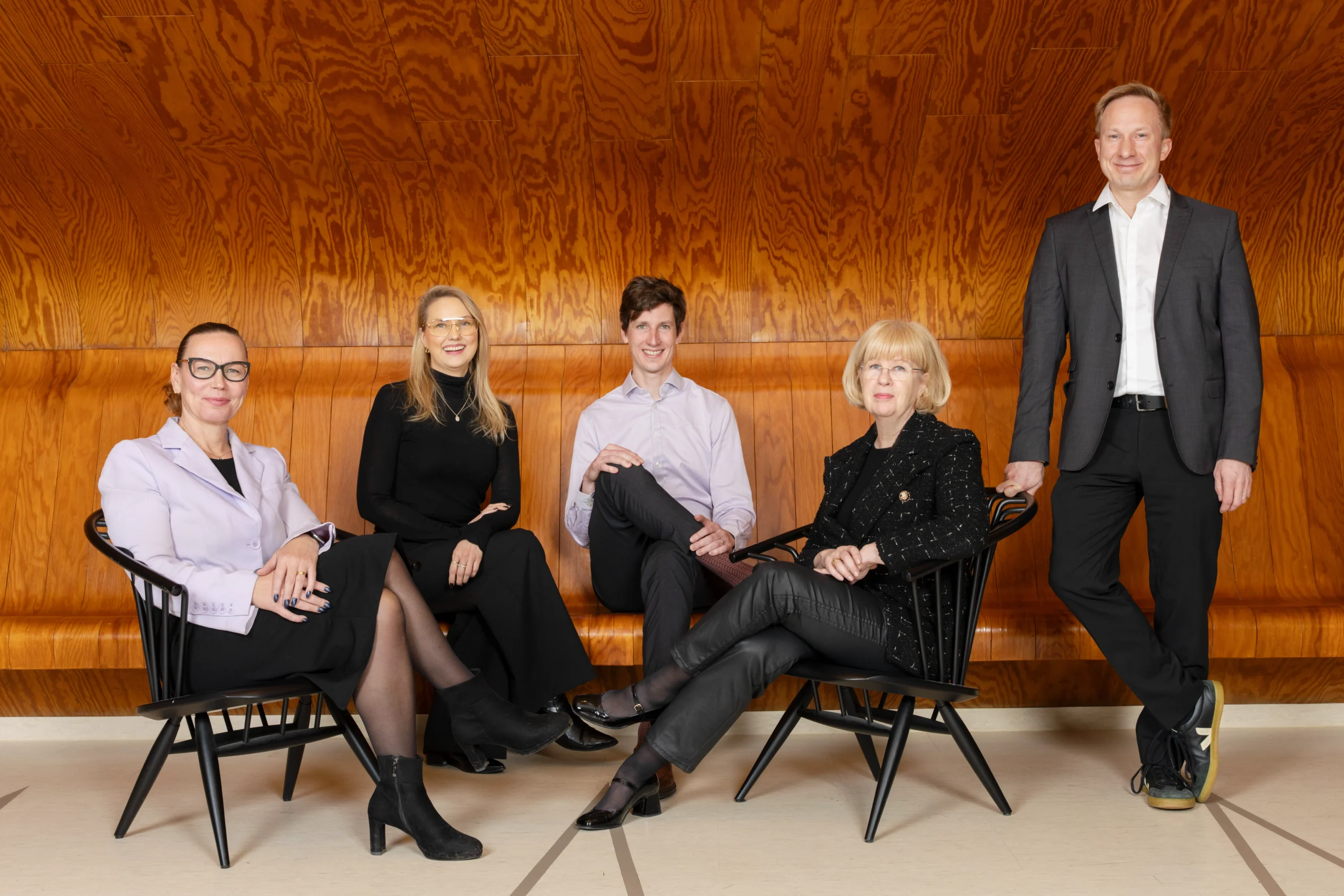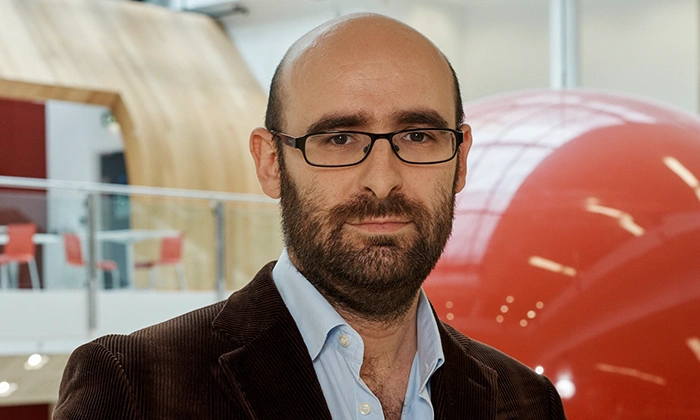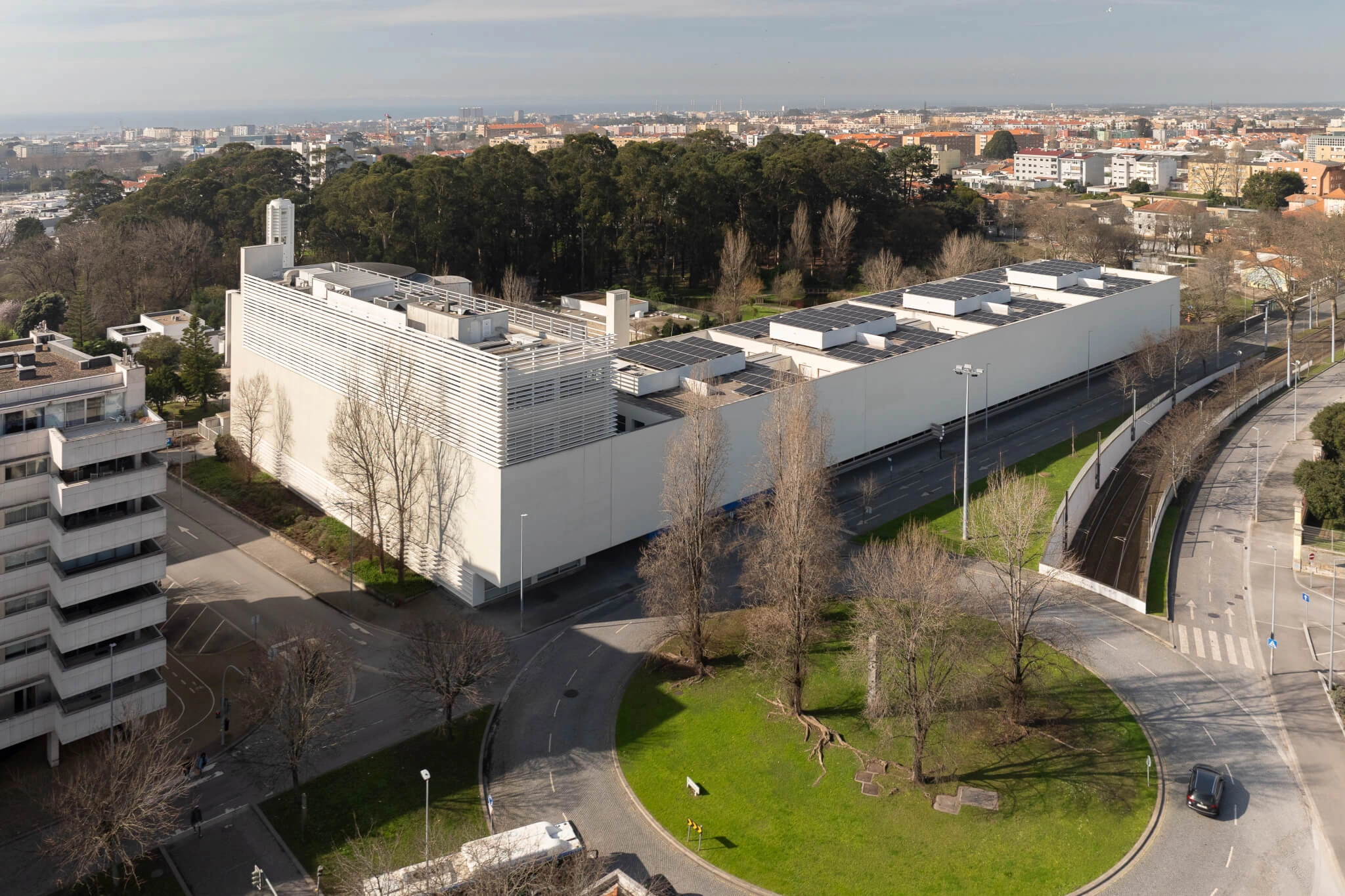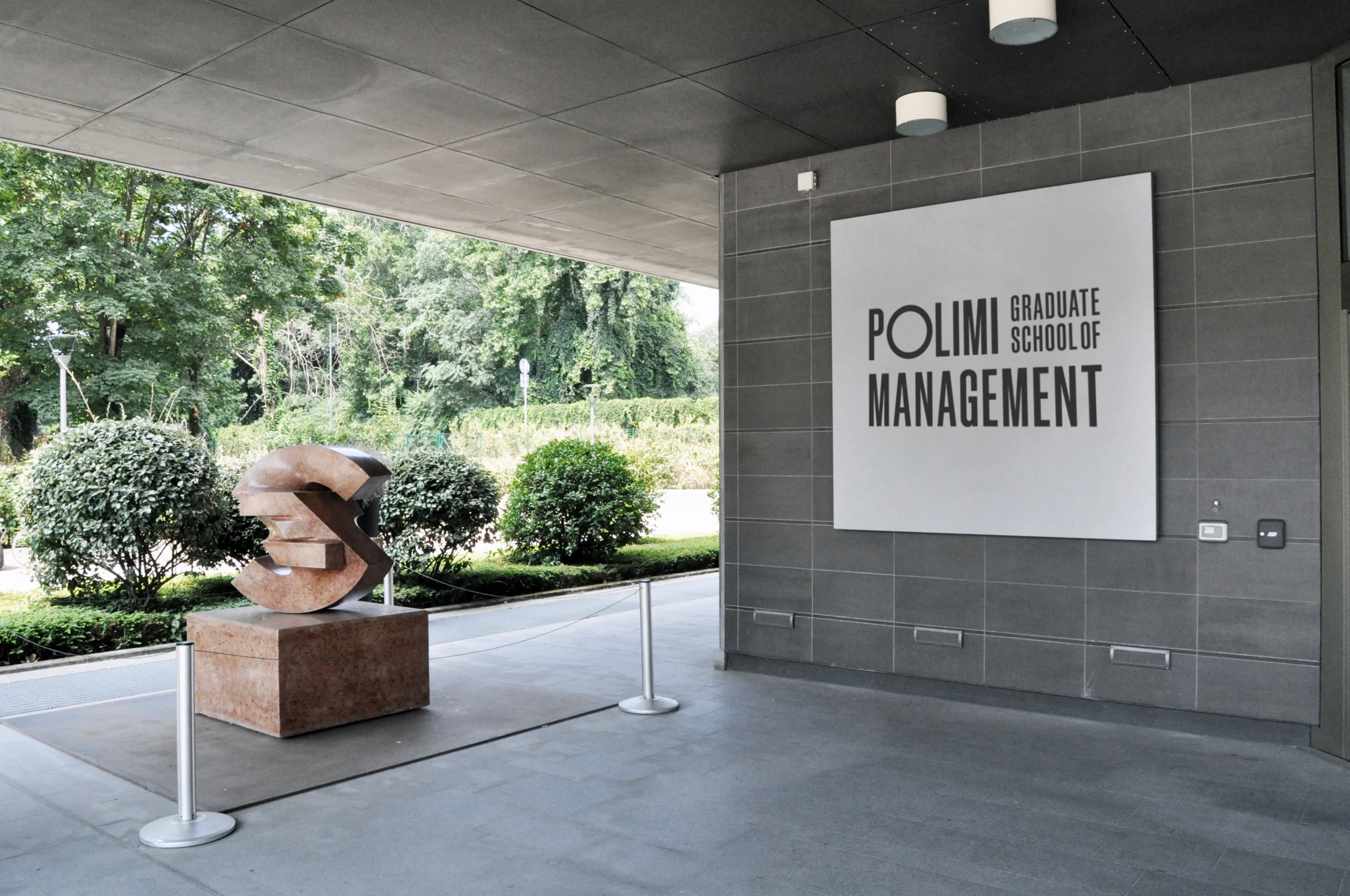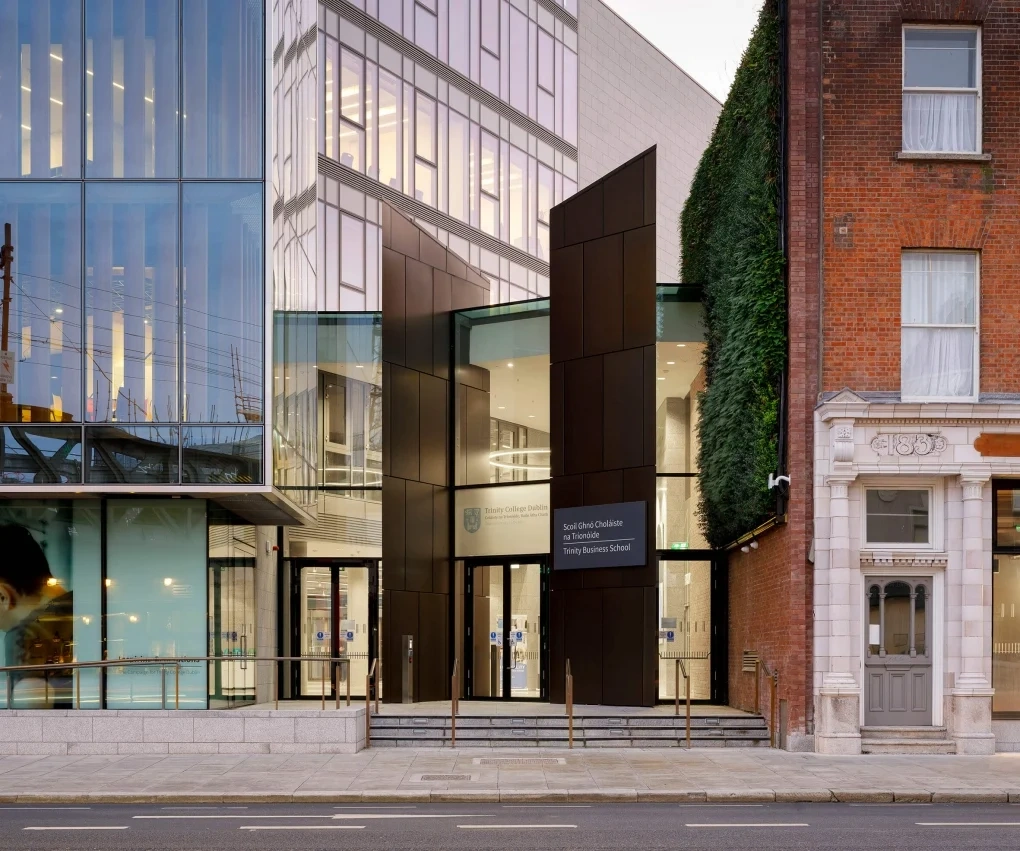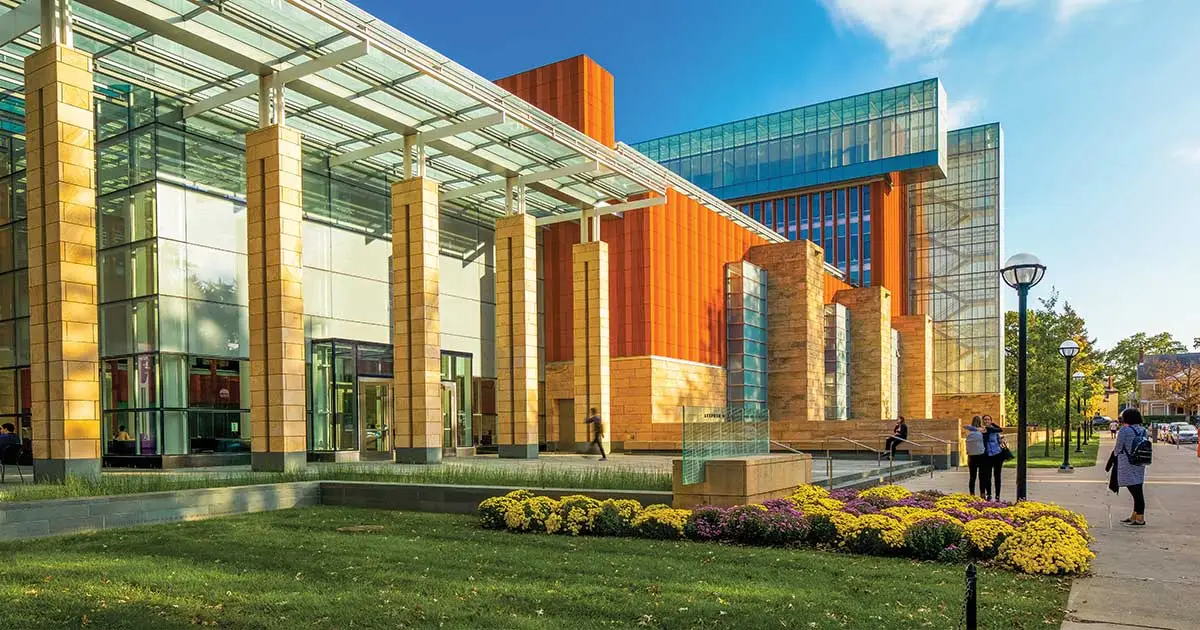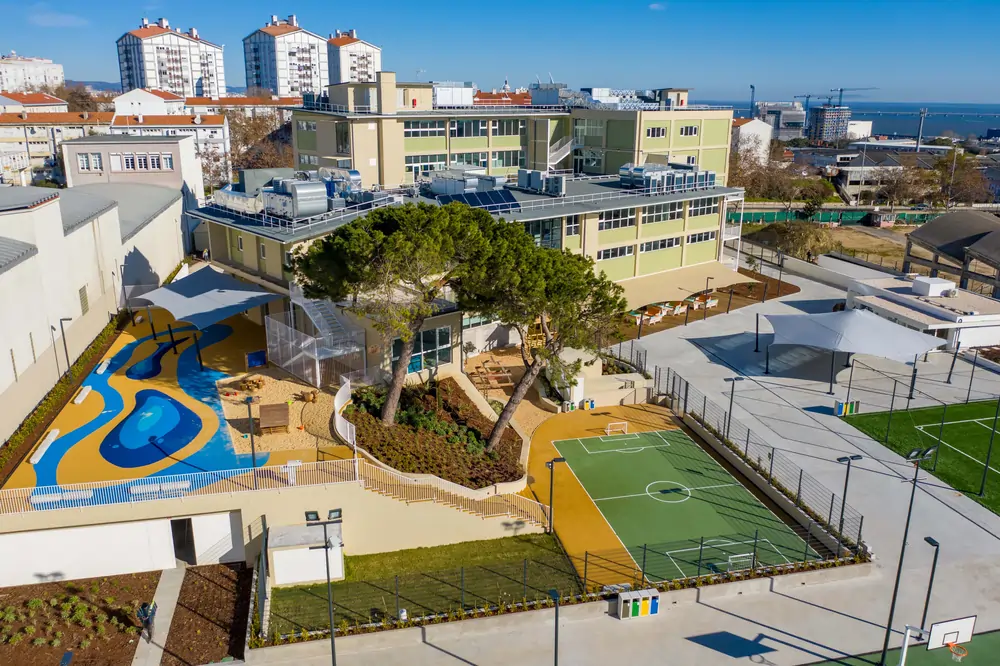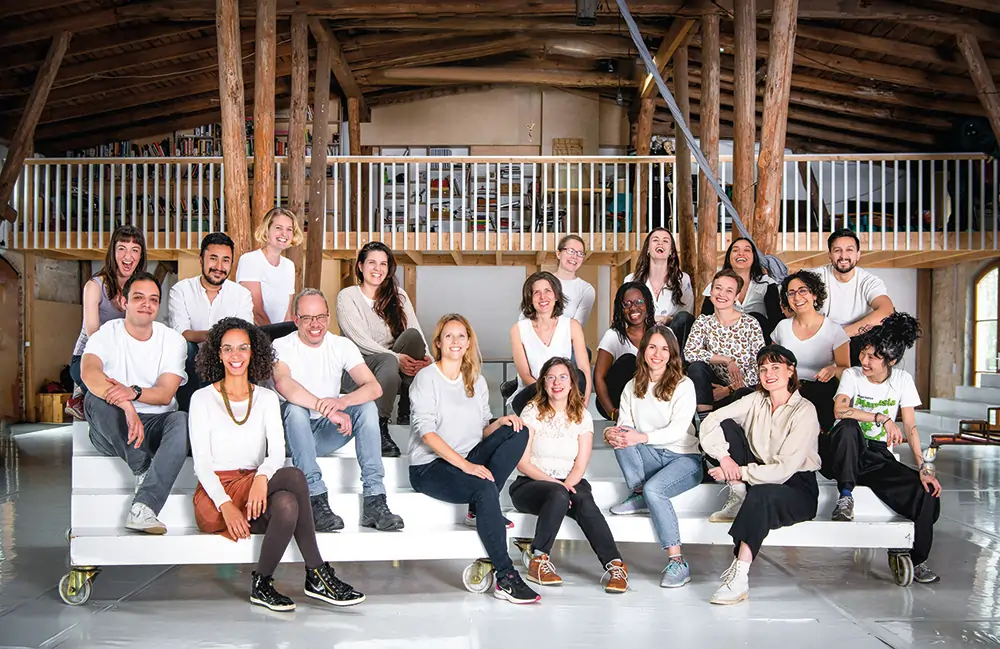Why leadership is the strongest defence in South Africa’s schools

Jodie Martin
- Published
- Executive Education
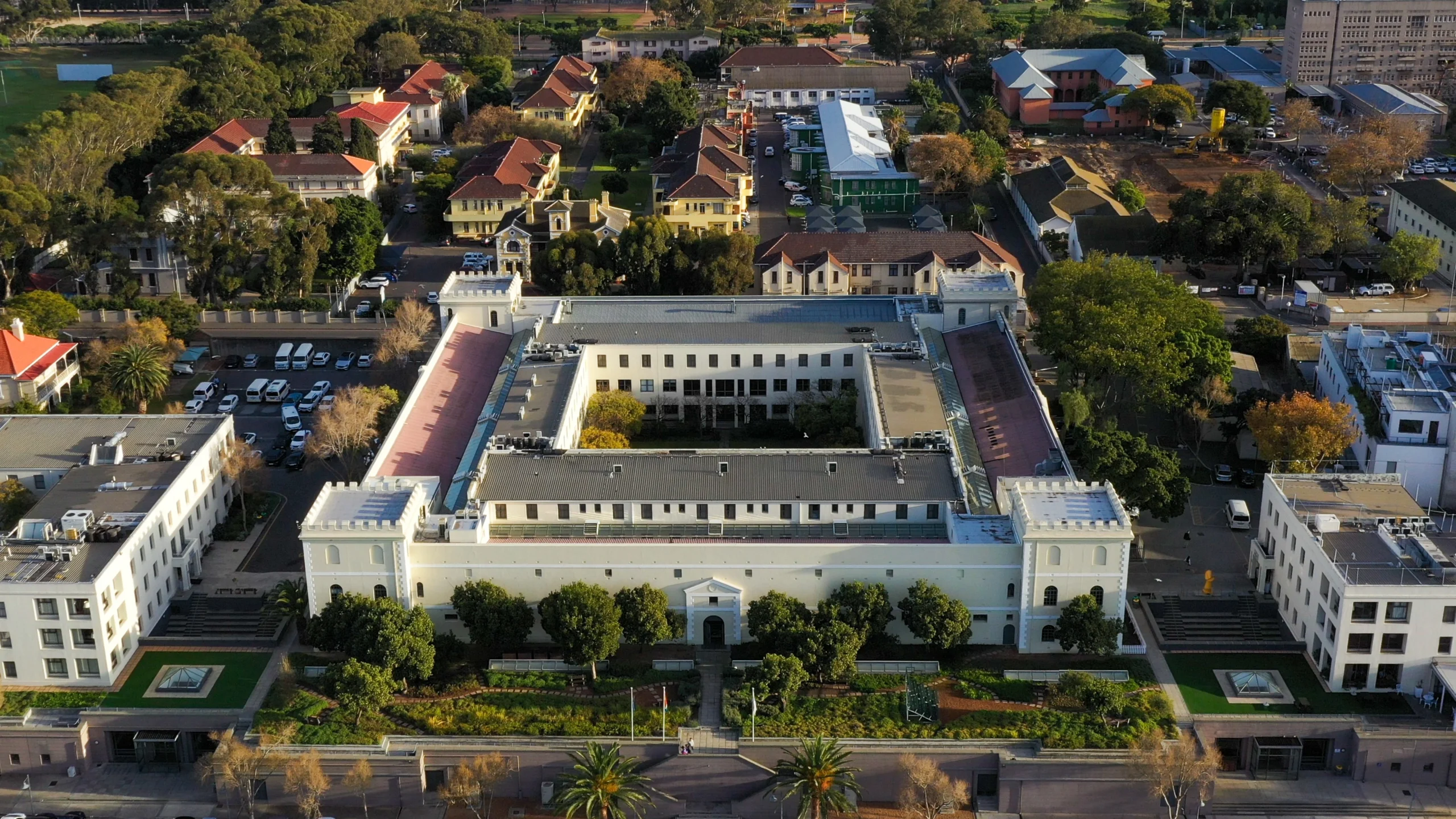
In South Africa’s impoverished Lavender Hill, where school children were once caught in the crossfire of gang violence, principal Shamiega Charity set out to do the unthinkable: raise nearly £330,000 to build a wall high enough to shield her pupils. At Levana Primary, the barrier now stands as both protection and proof of how leadership, mentoring and community support can transform even the most fragile schools
At break time, pupils still mimic the sounds of police and ambulance sirens. For them, these noises are part of daily life. But the school itself is no longer a crime scene. “Gang violence is a huge problem in our community,” principal Shamiega Charity tells me. “But it was a far bigger problem before the wall went up.”
Charity was appointed principal at Levana Primary, a state-run school some 12 miles south-east of Cape Town, in 2020. At her interview she broke down in tears when asked about her vision. She knew the realities of Lavender Hill and the Cape Flats: mass unemployment, entrenched poverty, widespread drug and alcohol abuse, and children who came to school hungry or without proper clothes. She also knew that Levana sat between two rival gang territories, with the playground caught in the crossfire. Shortly before her appointment, one of the pupils, a six-year-old girl, was killed in a shooting just outside her home while playing her favourite game, skipping rope.
After one particularly traumatic incident of gang violence on school grounds, she turned to her mentor for advice. “What can you control? What can you do?” he asked. Her answer was as practical as it was ambitious: she would raise the funds for a wall tall enough to block the view of gunmen on the surrounding rooftops. In Lavender Hill, where resources are scarce, such a project was almost unthinkable. But Charity insisted on precision. She even scaled a neighbouring building herself to establish the exact height required to guarantee the children’s safety.
It took relentless fundraising and appeals to donors, but eventually she secured the R7.9 million (around £330,000) needed. To put the figure in perspective, the cost of the wall was equivalent to almost 20 years of the average Cape Town salary. For a state school in one of the city’s poorest townships, raising such a sum was nothing short of miraculous.
When the wall was finally completed, it gave the school a physical barrier against violence and, for the first time in its history, a sense of safety within its grounds.
Charity’s mentor was Keith Richardson, CEO of the Principals Academy Trust (PAT). In partnership with the University of Cape Town’s Graduate School of Business (UCT GSB), PAT runs a training and development programme for school leaders in marginalised areas of the city.
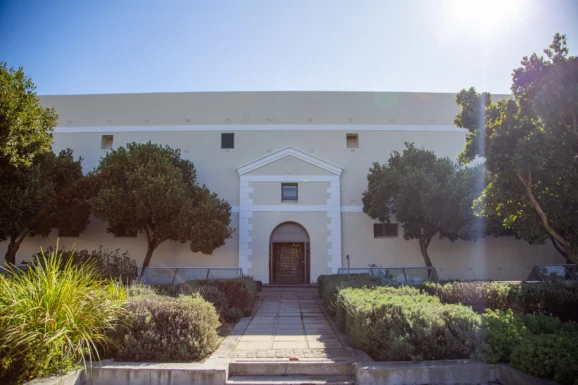
Although Charity graduated from the programme years ago, she remains part of an active WhatsApp group with fellow principals. “We’re still helping each other,” she laughs. “The support didn’t stop with the course.”
This continuing network is one reason the programme has proved so resilient. Over the past 12 years, it has combined coaching, personal development and leadership training in ways that reach far beyond the classroom. The impact was documented in Empowering Principals to Transform Schools, a case study that won gold at the European Foundation for Management Development (EFMD) Excellence in Practice Awards in 2025. The study found stronger academic results, healthier school cultures and measurable improvements in learner development at participating schools.
Why does this model succeed when so many educational initiatives fail to take root? “I think it is the visionary mindset of the principals – especially the retired ones – who are using their knowledge and life experience as a catalyst for change,” Rayner Canning, UCT GSB’s Director of Business Development and Executive Education, says.
The urgency of such work cannot be overstated. A nationwide report from the Anton Lubowski Educational Trust (ALET) this May revealed the extent of South Africa’s education crisis: teachers fearing for their safety, working in overcrowded classrooms, and leaving the profession under pressure of burnout.
The problem, though, is not unique to South Africa. Across the world, teacher attrition is rising. But research shows coaching can make a difference. A 2024 study in the International Journal of Evidence Based Coaching and Mentoring by Sara E. Hampton, based on interviews with mid-career teachers in the UK and New Zealand, found that coaching reduced stress and boosted professional confidence. When principals are supported, the benefits ripple outward, from teachers, to pupils, to entire communities.
The impact of strong leadership is often most visible in simple, practical interventions. In schools where children arrive hungry, some principals have organised feeding schemes or soup kitchens. Even in areas where most parents are unemployed, leaders have brought together mosques, churches and community groups to provide daily meals. The effect is transformative: children concentrate better, parents feel engaged, and communities begin to see the school as a focal point for hope.
At Levana, the wall is the most visible change. But it is also symbolic in that it shows what can happen when a principal refuses to accept violence as inevitable and instead imagines a safer, better future for their school.
Bruce Probyn, co-founder of PAT, puts it bluntly: “No one can turn a school around other than the principal. Not the national or the local education department. It’s all on the principal who understands the school, the teachers and the learners, the context and the community.”
This philosophy drives PAT’s work. By focusing resources on the people best placed to effect change – school leaders – it creates a multiplier effect. Principals inspire teachers, who in turn inspire learners. The result is schools that retain good educators, even in tough environments, and learners who receive a quality education despite limited resources.
The story of Levana Primary is just one example of what happens when strong leadership is coupled with structured support. The wall may have stopped bullets, but the real change here lies in the sense of safety, possibility and dignity it gives to children who have grown up with fear.
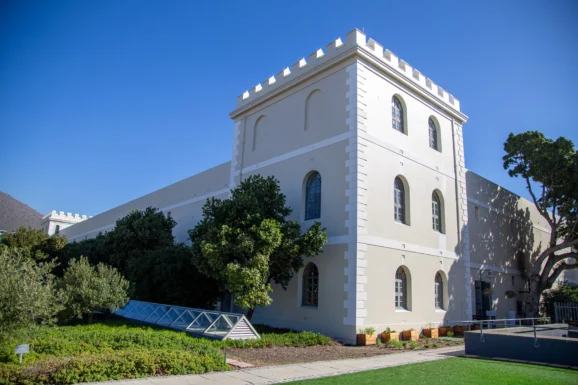
When principals are empowered, they protect their pupils from immediate threats and also plant seeds of long-term change: higher aspirations, stronger communities, and a belief that schools in even the most marginalised areas can become centres of excellence.

Jodie Martin is Head of Executive Education at the University of Cape Town’s Graduate School of Business (UCT GSB). He holds an Honours Degree in HR Management Development from UNISA and an EMBA from UCT GSB. With close to two decades of experience in higher education, he leads the school’s executive education recruitment and sales, admissions, programme management and delivery teams across customised programmes, short courses and international study tours. His role spans business innovation model strategy, academic quality, B2B relationship marketing and strategic client engagements. He has a keen focus on driving continuous improvement and service excellence. Martin’s approach is defined by inclusivity, curiosity and innovation, and by his commitment to building confidence in the people and teams he mentors and to be a pioneer for driving positive impact in the executive education programmes the school offers.
Further information
Produced with support from the Graduate School of Business at the University of Cape Town (UCT GSB) in South Africa. To find out more about its executive education programmes and leadership development work, visit www.uct.ac.za.
RECENT ARTICLES
-
 Hannu Tihinen on strategy, leadership, and the value of an EMBA
Hannu Tihinen on strategy, leadership, and the value of an EMBA -
 European MBAs adapt to AI as Aalto overhauls executive education
European MBAs adapt to AI as Aalto overhauls executive education -
 From dialogue to action: how emba X prepares leaders for a new era of responsible innovation
From dialogue to action: how emba X prepares leaders for a new era of responsible innovation -
 How Europe can learn faster: turning AI into safer, smarter adult training
How Europe can learn faster: turning AI into safer, smarter adult training -
 Aalto EE launches Aalto Tech EMBA to equip executives for digital transformation
Aalto EE launches Aalto Tech EMBA to equip executives for digital transformation -
 Supply chains are being remade. Leadership must be too
Supply chains are being remade. Leadership must be too -
 Why the real barrier to AI success sits in the boardroom
Why the real barrier to AI success sits in the boardroom -
 ETH Zurich and the University of St.Gallen redefine executive education with emba X, a new model of responsible leadership
ETH Zurich and the University of St.Gallen redefine executive education with emba X, a new model of responsible leadership -
 Why leadership is the strongest defence in South Africa’s schools
Why leadership is the strongest defence in South Africa’s schools -
 Porto Business School launches executive programme on AI strategy
Porto Business School launches executive programme on AI strategy -
 POLIMI Graduate School of Management strengthens global reputation in MBA and master’s rankings
POLIMI Graduate School of Management strengthens global reputation in MBA and master’s rankings -
 Trinity Business School strengthens standing in global MBA rankings
Trinity Business School strengthens standing in global MBA rankings -
 Meet the class of 2025… and their children. Why mid-life university learning is on the rise
Meet the class of 2025… and their children. Why mid-life university learning is on the rise -
 University of Michigan launches executive programme for chief data and AI officers
University of Michigan launches executive programme for chief data and AI officers -
 International education: A vision for global citizens
International education: A vision for global citizens -
 How to create lasting social change? Build a community
How to create lasting social change? Build a community -
 Tomorrow’s world needs Dyslexic Thinking
Tomorrow’s world needs Dyslexic Thinking -
 Why family therapy is the best investment you can ever make
Why family therapy is the best investment you can ever make -
 How EQ can give us the edge over AI
How EQ can give us the edge over AI -
 A true root and branch approach
A true root and branch approach -
 It's fine to say you're not ok
It's fine to say you're not ok -
 Are you willing to change with your organisation?
Are you willing to change with your organisation? -
 Emerging markets: Online learning for women unlocks economic potential
Emerging markets: Online learning for women unlocks economic potential -
 A programme of urgent importance
A programme of urgent importance -
 Why progress is not parity
Why progress is not parity

